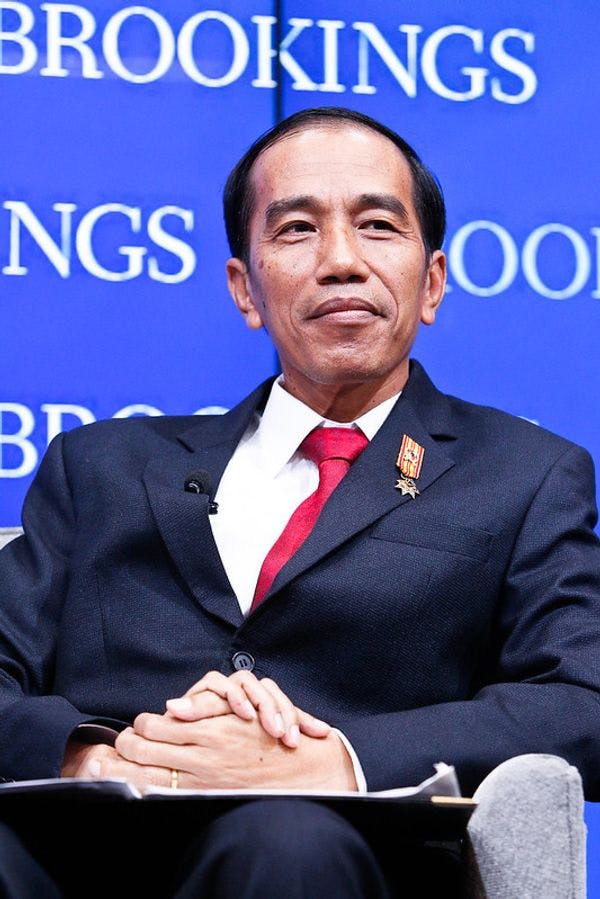Flickr, Brookings Institution (CC BY-NC-ND 2.0)
The time has come for Indonesia to decriminalize drugs
By Ricky Gunawan and Will Doran / Jakarta Globe
In late January, three members of the Global Commission on Drug Policy, or GCDP, traveled to Jakarta to discuss sustainable development and advancing Indonesian drug policy. The visiting commissioners consisted of the former president of Switzerland and chair of the GCDP, Ruth Dreifuss, the former prime minister and president of Timor-Leste, José Ramos-Horta, and the former premier of Western Australia, Geoff Gallop.
The trio, who met with civil servants, NGOs and government officials during their three-day visit, exchanged views on Indonesia's drug laws and policies and shared ideas on how to move forward. The visit culminated with a public forum held at Atma Jaya Catholic University, where the commissioners offered their insights, drawn from their own experiences, on implementing successful drug policy reform, including drug decriminalization.
Dreifuss discussed how she helped administer change during her tenure as both Minister of Home Affairs and President of Switzerland during the 1990s-2000s. Stressing the importance of evidence-based treatment and prevention, instead of criminalization, she highlighted how the original goals of drug policies were to eradicate the production of drugs, extinguish the consumption of drugs and defeat organized crime.
The "war on drugs," however, failed to achieve its intended objective and only resulted in the opposite: larger production of drugs, an increase in consumers of drugs, the global phenomenon of mass incarceration and organized crime holding more power than previously before. The only way to change this course, she said, is to stop treating drugs as a criminal justice issue, and begin treating it as a public health matter. Indonesia would benefit greatly from this approach.
Ramos-Horta said it is written in his country’s Constitution that there would be no death penalty, much less for drug traffickers or users. Similarly, the maximum sentence for any crime is 25 years. With relatively relaxed borders and an inclusive society, Timor- Leste never became a drug paradise like some predicted.
In stark comparison, Indonesia, like many countries in Asia, has draconian punishments for drug offenses, including the death penalty. Out of 369 death row prisoners in Indonesia, 230 are awaiting execution on drug charges. Moreover, of all the people executed during President Joko "Jokowi" Widodo's administration, all 18 have been for drug offenses.
Capital punishment for drug offenses is just one of the many regressive and antagonistic policies that currently dominates the rhetoric and perspective toward drugs in Indonesia. It is time for this to change.
